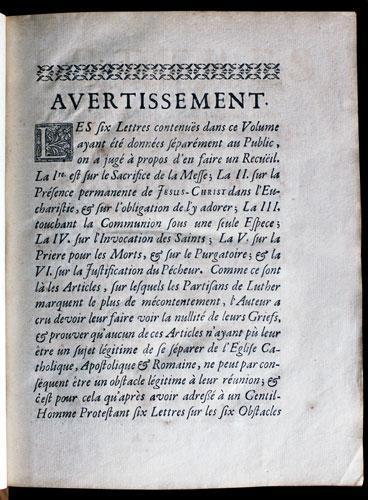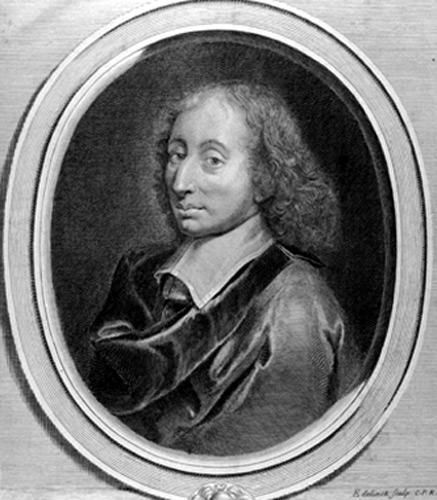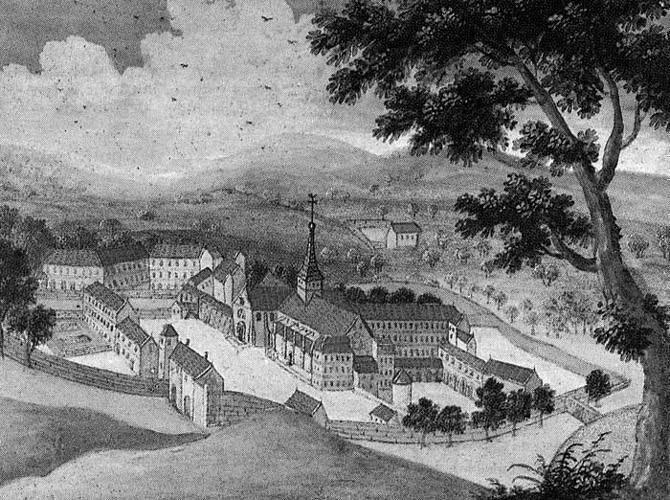Jansenism and Protestantism
By endorsing the teachings of Saint Augustine on grace and predestination – both of which were central themes of the Protestant Reformation – Jansenism sought to reform the Catholic Church from within. But in order to avoid secession at all costs, such an attempt had to be abandoned.
Doctrinal convergences and differences.
It was most certainly because such subjects as predestination, grace (efficient, thoughtful or sufficient) and free will were considered to be of major importance in the Reformed writings that the Jansenists concentrated on these theological themes.
The Jansenists are reputed to have given a very strict interpretation of each of these themes. If one considers the concern over personal salvation which, during the seventeenth century, was on everybody’s mind, such an interpretation is indeed severe. Jansenist writings stress that, since man is evil and sinful by nature, nothing can be guaranteed in that respect.
This interpretation mostly aimed at rejecting the idea of a religion that subdued a creature to the requirements and regulations of an institution claiming itself to be God’s sole appointed representative on earth.
By their refusal of any naive subservience to temporal powers and by emphasising what could be related to the world’s salvation, the Jansenists were rather close to the Protestants. They gave great attention to what had given rise to the Protestant Reformation. The Jansenists – like the Protestants before them – had come to conclusions that affected life behaviour and underlined the need for the problems of life to be thought through in a rational way.
Within such a framework, the Jansenists more particularly focused their attention on the use and misuse of reason in civil society. With rigorous reasoning, they denounced all abuse of power, by both the monarch and the Church. In The Grammar (La Grammaire) and The Logic of Port-Royal (La Logique de Port-Royal), they presented the possibility of reasoning beyond the register of mere causality. They showed that the latter fails to be reliable when a number of rationally heterogeneous viewpoints come up in a common given situation.
The Jansenist and Protestant approaches to the problems of their time were most certainly complementary. But they made no attempt to understand each other. This was shown by a number of disputes during the period of the Counter-Reformation. Pierre Bayle reported about them in his Dictionary.
Jansenism never wished for a secession such as the Protestant Reformation had experienced. It had hoped to re-establish the Catholic Church in its “well-deserved authority” by introducing reforms that would bring it to respect the various usages of reason in a world that was experiencing the process of modernisation and that considered itself autonomous.
Bibliography
- Books
- COTTRET Bernard, Jansénisme et puritanisme, Nolin, 2002
- TAVENEAUX René, Jansénisme et politique, Armand Colin, Paris, 1965
Associated notes
-

Pierre Bayle (1647-1706)
Pierre Bayle can be seen as a forerunner of the Age of Enlightenment because the concept of tolerance was of great importance to him and, a true scholar, he specialized... -

The theological controversies
The seventeenth century was the period when Catholics and Protestants were involved in great arguments (“controversy”) with each other, both oral and written, obviously fuelled by the theologians. -

Blaise Pascal (1623-1662)
The great mathematician and philosopher Blaise Pascal was quite closely associated with Jansenism. His younger sister, Jacqueline, who he was very fond of, entered the Abbey of Port-Royal des Champs.... -

Jansenism : a movement of great influence
Jansenism was a very influential movement in France. This was partly due to its closeness to the Protestant Reformation. -
The Catholic reforming movements in 17th century France
The 17th century saw the rise of various movements attempting to reform the Catholic Church from within while avoiding any break-away. Such movements aimed partly at countering the influence in...
